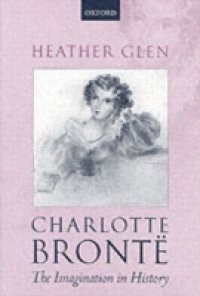This stimulating study of Charlotte Brontë's novels draws on extensive original research in a range of early Victorian writings, on subjects ranging from women's day-dreaming to sanitary reform, from the Great Exhibition to early Victorian religious thought. It is not, however, merely a study of context. Through a close consideration of the ways in which Brontë's novels engage with the thinking of their time, it offers a powerful argument for the 'literary'as a distinctive mode of intelligence, and reveals a Charlotte Brontë more alert to her historical moment and far more aesthetically sophisticated than she has usually been taken to be. The study will be of interest not only to students of Victorian literature and society, but also to those literary criticsand theorists who are beginning to reconsider the nature of the aesthetic and its relation to ideology.

